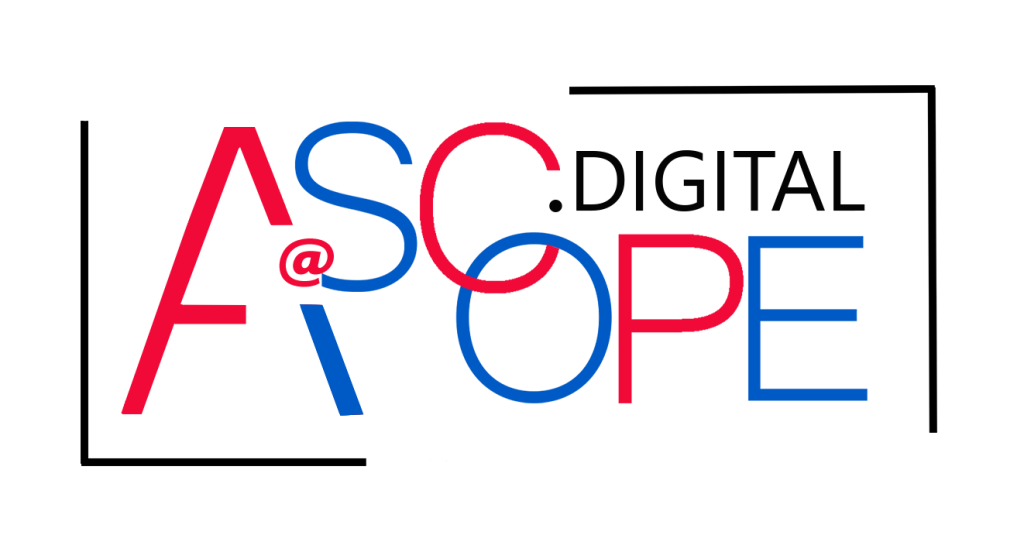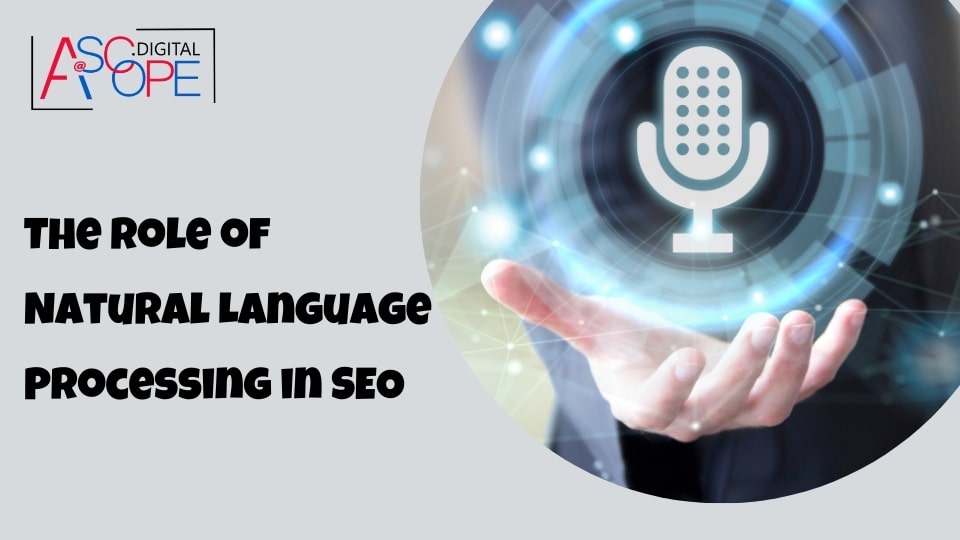Search Engine Optimization (SEO) has evolved dramatically over the past few years, with search engines becoming increasingly sophisticated in understanding and delivering content that matches user intent. One of the pivotal advancements in this realm is the integration of Natural Language Processing (NLP) into search engine algorithms. NLP, a branch of artificial intelligence that deals with the interaction between computers and humans through natural language, plays a crucial role in how search engines interpret, rank, and present web content. This article explores the intricate relationship between NLP and SEO, highlighting how it enhances search accuracy, user experience, and ultimately, website traffic and sales.
Understanding Natural Language Processing (NLP)
Natural Language Processing involves several key components such as syntax analysis, semantics, discourse, and pragmatics. It enables machines to comprehend human language as it is spoken or written, making it possible for search engines to go beyond simple keyword matching. By understanding the context and nuances of language, NLP allows search engines to interpret the intent behind search queries more accurately.
For instance, when a user searches for “best place to eat Italian food in New York,” NLP helps the search engine understand that the user is looking for recommendations of Italian restaurants in New York City, rather than a historical context or recipes. This deeper understanding ensures that users receive the most relevant and useful results, which is a cornerstone of effective SEO.
How NLP Transforms SEO

- Enhanced Query Understanding: NLP enables search engines to decipher complex queries and provide precise answers. Traditional SEO relied heavily on keyword density and exact match keywords. However, with NLP, search engines can understand the intent behind the query. For example, if someone searches for “affordable smartphone with good camera,” the search engine recognizes the need for cost-effective smartphones with high-quality cameras and provides relevant results, even if the exact phrase isn’t present in the indexed content.
- Semantic Search: Semantic search is another significant contribution of NLP to SEO. It involves understanding the meaning and intent behind the words used in a search query. By analyzing the relationships between words and phrases, search engines can provide more accurate and contextually relevant results. For example, if a user searches for “Apple,” the search engine can determine whether the user is looking for information about the fruit, the technology company, or the record label, based on additional context from the query or user’s search history.
- Content Relevance and User Intent: NLP helps in evaluating the relevance of content based on user intent. This shift from keyword-centric optimization to intent-based optimization means that content creators need to focus more on understanding their audience and creating content that addresses their needs. By aligning content with user intent, websites can improve their rankings and attract more targeted traffic, thus improving traffic and sales for your website. Read more on the other reasons why your website isn’t getting traffic.
- Voice Search Optimization: With the rise of voice search, the role of NLP in SEO has become even more prominent. Voice searches are typically longer and more conversational than text searches. NLP helps in parsing these natural language queries and providing appropriate responses. For instance, a voice search for “What’s the best Italian restaurant near me?” requires the search engine to understand the location context and provide localized results. Optimizing for voice search involves using natural language in content, anticipating questions users might ask, and providing concise, informative answers.
Implementing NLP Strategies in SEO
To leverage NLP for better SEO results, content creators and SEO professionals should focus on the following strategies:
- Creating Conversational Content: With the increasing use of voice search, it’s crucial to create content that mimics natural speech patterns. This means writing in a more conversational tone and addressing common questions that users might ask. Using long-tail keywords and question-based phrases can help align content with the way people naturally speak.
- Structured Data and Schema Markup: Implementing structured data and schema markup helps search engines better understand the content on your website. This additional context allows search engines to provide more accurate and detailed search results. For example, using schema markup for FAQs, reviews, and local business information can enhance visibility in search results and improve click-through rates.
- Focusing on User Experience: User experience (UX) plays a critical role in SEO. NLP can analyze user engagement metrics such as time on page, bounce rate, and click-through rate to assess content quality and relevance. By focusing on creating a seamless and engaging user experience, websites can improve their SEO performance. This includes optimizing page load speeds, ensuring mobile-friendliness, and providing easy navigation.
- Semantic Keyword Research: Instead of focusing solely on individual keywords, SEO strategies should include semantic keyword research. This involves identifying related terms and phrases that users might search for. Tools like Google’s Keyword Planner and other SEO software can help identify these semantic keywords. Incorporating these into your content can improve its relevance and visibility in search results.
Case Studies: NLP in Action
Several businesses have successfully implemented NLP strategies to enhance their SEO performance. Here are a few examples:
- eCommerce Sites: Many eCommerce websites have integrated NLP to improve their product search functionalities. By understanding the context and nuances of user queries, these sites can provide more accurate product recommendations. For example, if a user searches for “running shoes for flat feet,” an eCommerce site with advanced NLP capabilities can filter results to show products specifically designed for that condition, improving user satisfaction and conversion rates.
- Content Publishers: News websites and content publishers use NLP to categorize and recommend articles based on user preferences and reading habits. By analyzing the context of articles and user interactions, these platforms can suggest relevant content, keeping users engaged longer and increasing page views. This personalized content delivery not only enhances user experience but also boosts ad revenue through higher engagement.
- Local Businesses: Local businesses benefit significantly from NLP through improved local search results. By optimizing for location-based keywords and using schema markup, businesses can ensure they appear in local search results. NLP helps search engines understand the context of user queries, such as “best coffee shop near me,” and provide accurate local recommendations, driving more foot traffic to the business.
The Future of NLP and SEO

As NLP technology continues to advance, its impact on SEO will only grow stronger. Here are a few trends to watch for in the coming years:
- AI-Driven Content Creation: Artificial Intelligence (AI) is becoming more adept at creating high-quality content. Tools powered by NLP can generate articles, product descriptions, and social media posts that are indistinguishable from human-written content. This technology can help businesses scale their content production while maintaining quality and relevance, further enhancing their SEO efforts.
- Improved Personalization: NLP enables more personalized search experiences by understanding user preferences and context. As search engines become better at predicting user intent, they will deliver increasingly personalized results. This means businesses need to focus on creating content that resonates with their target audience and addresses their specific needs.
- Multilingual SEO: NLP’s ability to understand and process multiple languages opens new opportunities for businesses to reach a global audience. By optimizing content for different languages and regions, businesses can expand their reach and attract a diverse audience. This involves not just translating content but also adapting it to cultural nuances and local search behavior.
- Conversational AI and Chatbots: Conversational AI and chatbots are becoming integral parts of customer service and user engagement. These tools, powered by NLP, can handle complex queries and provide instant responses, improving user experience. Integrating chatbots on websites can enhance customer support, reduce bounce rates, and keep users engaged longer, contributing to better SEO performance.
Challenges and Considerations
While the integration of NLP in SEO offers numerous benefits, it also presents some challenges:
- Complexity and Cost: Implementing NLP technologies can be complex and costly, particularly for small businesses. It requires investment in AI tools and expertise to analyze and optimize content effectively. However, as these technologies become more accessible, even smaller businesses will be able to leverage NLP for SEO.
- Constant Evolution: SEO is a constantly evolving field, and keeping up with the latest trends and updates can be challenging. NLP is no exception; search engines continuously refine their algorithms to improve search accuracy and user experience. Staying informed about these changes and adapting strategies accordingly is crucial for maintaining SEO performance.
- Data Privacy Concerns: As NLP relies heavily on data to understand and predict user behavior, there are growing concerns about data privacy. Businesses need to ensure they comply with data protection regulations and adopt ethical practices in handling user data. Transparency and user consent are key to building trust and ensuring responsible use of NLP technologies.
Conclusion
Natural Language Processing has revolutionized the field of SEO, transforming how search engines understand and deliver content. By focusing on user intent and context, NLP enhances search accuracy, improves user experience, and drives targeted traffic to websites. Businesses that leverage NLP in their SEO strategies can gain a competitive edge, attracting more visitors and increasing conversions. As NLP technology continues to advance, its role in SEO will become even more significant, shaping the future of search and digital marketing. Thus, improving traffic and sales for your website. Read more on the other reasons why your website isn’t getting traffic.
By understanding the principles of NLP and implementing strategies that align with this technology, businesses can create more relevant, engaging, and discoverable content. This not only boosts SEO performance but also ensures a better user experience, fostering long-term success in the digital landscape


